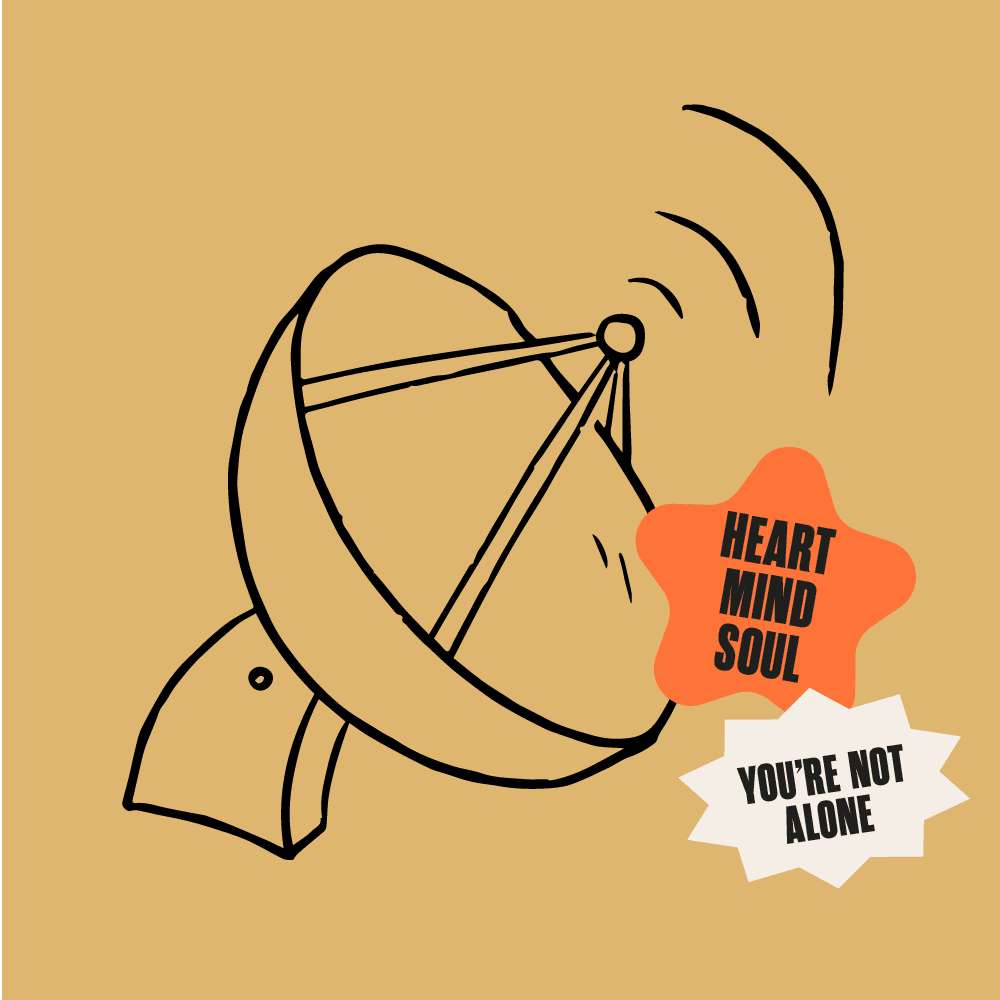A patient’s guide to
Communication
It’s not just your body that’s affected by cancer, it’s your heart, mind, and relationships, too. Communicating can be challenging on a regular day, let alone when you have cancer. We’re here to help when you don’t know where to start or what to say.





